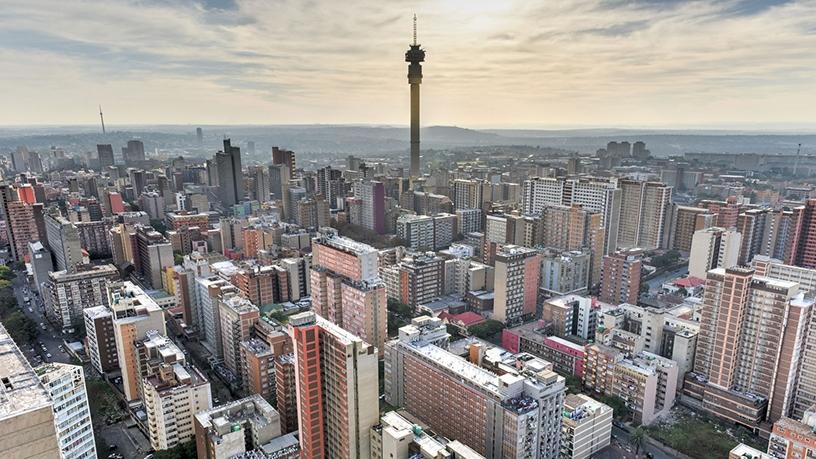
The City of Johannesburg (COJ) is making moves to drive cashless payments in the municipality.
This was revealed by Harold van der Westhuizen, the city's head of treasury operations, at a seminar hosted by financial services company, Visa, last week.
COJ and some partners, including Visa, are engaged in awareness campaigns to encourage the use of cashless payments in the city.
At the seminar, Van der Westhuizen said the city is working with partners like Visa "who are aligned to our long-term strategy to reduce cash dependency on our systems. Less cash in our systems reduces turnaround time and risks associated with handling cash."
He noted that one of the city's major challenges is that the bulk of residents simply do not know they can make their bill payments electronically at any of the COJ customer service centres.
"Payments can also easily be made at your bank or ATM and retail outlets like Pick n Pay, among others. Our partnership with Visa aims to raise awareness and encourage people to pay their bills safely and securely online or with their bank card."
The result for the city is significant, he noted. "By reducing costs associated to cash handling, we can, in turn, reduce tariffs which will, in turn, reduce service costs. Digital payments also mean we are able to recognise revenue in real-time, which allows us to optimise the return on this cash and utilise our budgets more effectively."
As an example, Van der Westhuizen noted that in Braamfontein, there are about 50 000 people coming through the city's offices to make cash payments in a day.
"For us, reducing cash is important because cash is very expensive in our space. We are currently doing over R100 million from cashless payments which is just a third of the city's monthly collection. I would like to see that figure go up to 60%."
According to Van der Westhuizen, the city is looking to introduce a new system that will see the Reya Vaya Bus Rapid Transport System introduce cash payments. However, he did not give a timeline when this will see light.
Electronic bills
Also speaking at the event, James Simpson, country manager for Visa SA, said Visa and COJ recently worked together to enable online bill payments for the first time, and are now engaged on a broad awareness campaign to encourage more people to pay their bills electronically.
"The way we are doing this is to encourage people to pay their utility bills online as well as to encourage them to pay their vehicle licensing and traffic fines electronically. Visa and the City of Johannesburg have collaborated on a series of campaigns to help raise awareness for Visa cardholders."
One of the initiatives is paying utility bills digitally, Simpson said. "This joint campaign encourages more citizens to pay their utility bills online using the Visa Checkout technology, with an added discount during the launch period if their bills are paid in full. This is in line with Visa's vision to help people move towards a cashless culture and helps the City of Johannesburg grow their collections."
He added that Visa will host flash activations at key JMPD departments where citizens will be encouraged to pay their vehicle licensing and traffic fines electronically.
Digitally maturing
On the same day, Visa also announced the results of an independent study conducted by Roubini ThoughtLab examining the economic impact of increasing the use of digital payments in major cities around the world.
The study estimates that relying more on electronic payments, such as cards and mobile payments, could yield a net benefit of up to $470 billion per year across the 100 cities studied - roughly the equivalent to 3% of the average GDP for these cities.
In the study, Johannesburg is ranked as a digitally maturing city alongside cities like Tokyo and Rio de Janeiro.
Stockholm is ranked a digital leader, Chicago digitally advanced, Lagos cash centric and Bangkok digitally transitioning.
"Both Johannesburg and Durban were ranked as digitally maturing markets," says Simpson. He explains that this means high readiness but low usage. It also points to cultural inclination toward cash or low readiness, as well as a high unbanked population.
"Either way, it is clear there is a great need for education to shift the needle in terms of behaviour change," he concludes.
Share